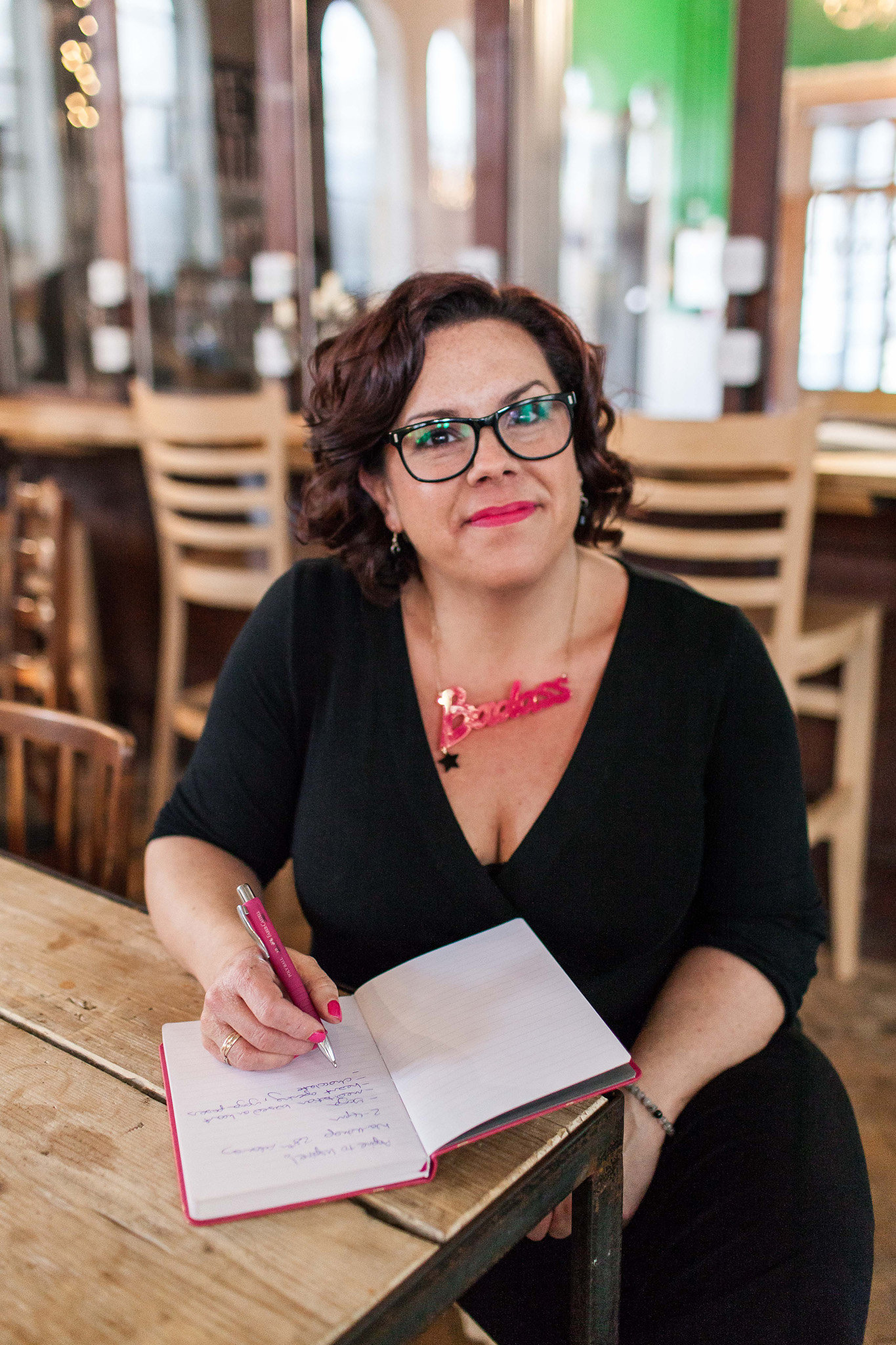
Writing as a Tool for Living Through Crisis
“How’s your apocalypse going?”
That’s something I heard Phoebe Bridgers say during the early months of the pandemic and it’s continued to ring in my ears ever since.
Because greeting each other with humour during trying times is a coping mechanism I simply refuse to give up. When you’re exhausted and life seems hopeless, allowing yourself to laugh seems wrong… but sometimes it’s all you have.
I don’t want to talk about humour today, but I do want to talk about writing as a tool during a crisis. And I use that word because our world is in a crisis.
State of affairs
Here in the UK, we’ve been warned we’re living in a pre-war era. Locally, services for young people, women and the most vulnerable are being cut. Rates of mental illness are increasing across the board and access to support is limited, whilst cost of living increases.
News of violence, injustice, illness, and catastrophe bombard us 24/7 and for those already facing struggles with poverty, racism, mental illness or other challenges, this constant stream of negativity can feel utterly overwhelming.
Finding the motivation to do anything, let alone write, can feel impossible.
Writing through a crisis
Yet studies show that writing can be a powerful coping tool during times of crisis. The act of putting thoughts and emotions into words, especially in a private journal, has been found to reduce stress, depression, and anxiety. Writing helps make sense of chaos, gain perspective, and release pent-up feelings. It can be an emotional and mental lifeline when all seems lost.
Here are 3 tips to help you write during difficult times:
1. Start small
Just write one sentence or paragraph about how you feel right now. Don’t worry about structure, grammar, etc. The act itself is what matters.
2. Write by hand
Computers and phones are likely to lead to distractions, such as news feeds and emails. Write in a real paper journal or notebook. The tactile process can be soothing in itself, giving you a physical marker of your progress.
3. Make it private
We pressure ourselves to write a blog post or a clever tweet too often. Write for yourself, in private, as a way to hear your own thoughts. There’s no need to ever share it.
Acknowledge the vulnerability of writing
Writing requires courage during crisis, and it can help to admit that.
AndI think we know this, we know that writing means opening the floodgates to deep pain, confusion, anger and grief. But facing that tough stuff in your writing offers long-term mental health benefits. The insights gained lead to post-traumatic growth and a sort of order to the chaos, helping you process events and regain a sense of control.
If you’re facing a crisis, know that you have an powerful tool within you already – your ability to express yourself through words.

































